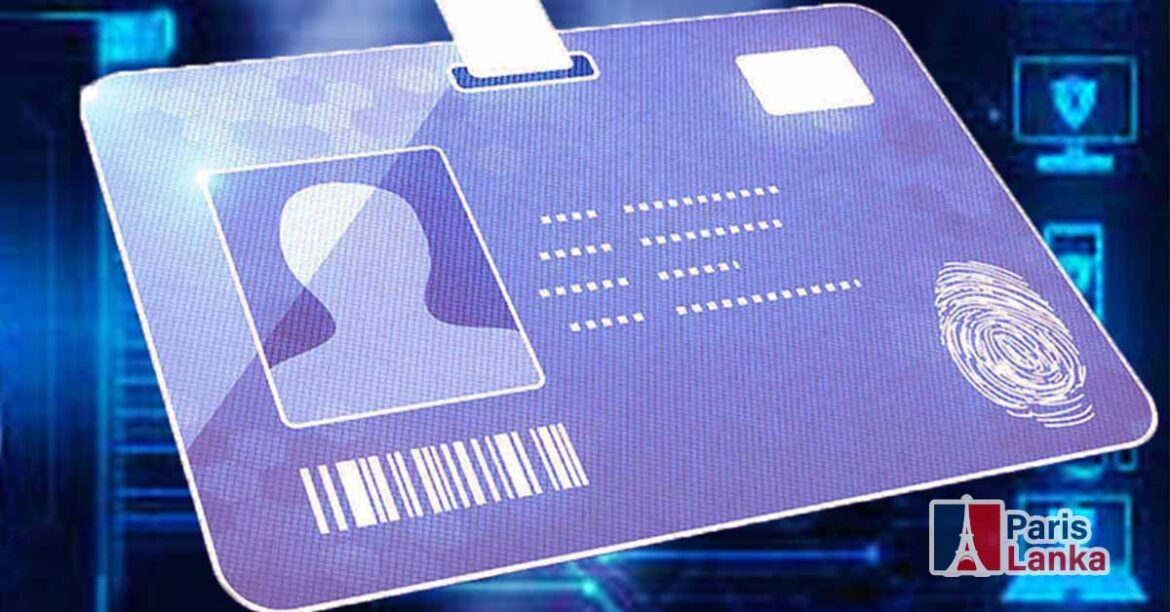The Sri Lankan government is poised to launch its Unique Digital Identity (SL-UID) project this month, a pivotal step in the country’s digital transformation journey. However, concerns have been raised about the necessity for safeguards to ensure Sri Lanka retains full control over the system.
These concerns, highlighted by experts, underscore the need for transparency in the Memorandum of Understanding (MoU) Sri Lanka intends to sign with India for the project’s implementation. The MoU, expected to be finalized this month, follows India’s provision of $5.4 million in funding last year and technical assistance for the national ID system, which mirrors India’s Aadhaar initiative.
While the project promises streamlined access to services across government and private sectors, experts caution against potential pitfalls. It warns of the risks of over-reliance on foreign-backed entities, especially in critical digital infrastructure. Safeguarding sovereignty and addressing vulnerabilities in data privacy and security are paramount, it asserts, pointing to India’s own challenges with Aadhaar-related data breaches.
Sri Lankan authorities, including President Anura Kumara Dissanayake, have emphasized the project’s importance, envisioning its completion within 18 months..
The collaboration involves India’s Ministry of Digital Economic Affairs and the Agency for Information and Communication Technology, underscoring the bilateral partnership.
The Indian Experience:
India’s digital identity project, the Aadhaar system, has faced several issues and controversies since its inception.
One of the most significant concerns surrounding Aadhaar was its potential to create a surveillance state. Critics argued that linking personal data, including biometric information (fingerprints, iris scans), to a central database could infringe on individuals’ privacy rights. This issue is particularly complex because centralized data systems, by their very nature, can be misused for surveillance purposes, posing risks to personal freedoms.
Another major challenge has been the inadequate legal framework. The absence of strong data protection laws when Aadhaar was introduced raised concerns about the potential for misuse of citizens’ data. Similar challenges could arise in other countries, like Sri Lanka, should they attempt to implement similar digital ID systems without comprehensive legal safeguards.
Technological barriers have also hindered the Aadhaar system. Issues such as errors in biometric data collection (e.g., fingerprints or iris scans not being captured properly) have led to authentication failures. This has particularly affected marginalized groups, including the elderly, and those with physical disabilities. Data duplication has been another challenge, where the system occasionally issued multiple Aadhaar numbers to the same individual, causing confusion and administrative difficulties.
Moreover, system downtime and infrastructure issues have also posed challenges. The Aadhaar system has sometimes suffered from technical failures, including network outages, leading to delays in processing applications or verifying identities. These issues have impacted people’s access to essential services, such as welfare programs or banking.
Data leaks and breaches have been major concerns as well. Despite security measures, there have been instances where Aadhaar data was exposed, either through negligence or external cyberattacks. This raised alarms about the security of sensitive personal information in the central database.
Finally, legal challenges have been a significant part of the controversy surrounding Aadhaar. The system’s legality has been questioned in India’s Supreme Court. There have been numerous concerns about how Aadhaar is being used by both government agencies and private entities.
In 2018, the Supreme Court ruled that Aadhaar is constitutionally valid but imposed certain restrictions, such as preventing its mandatory use for mobile phone connections and bank accounts. However, the broader debate around its use and potential overreach continues.
Undoubtedly while Aadhaar has brought certain benefits, such as increasing financial inclusion and streamlining welfare transfers, it has also encountered significant challenges that need to be addressed to ensure privacy, security, and equitable access.

